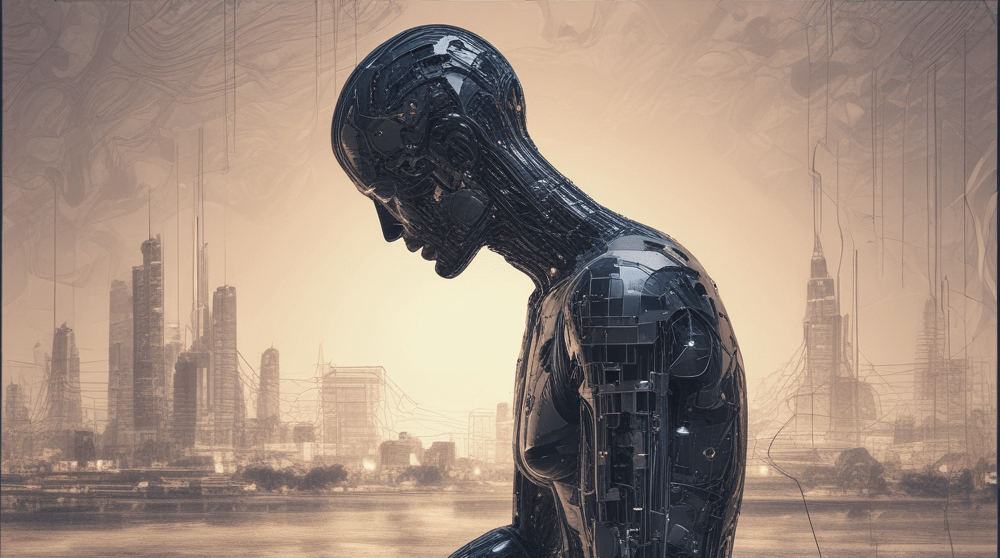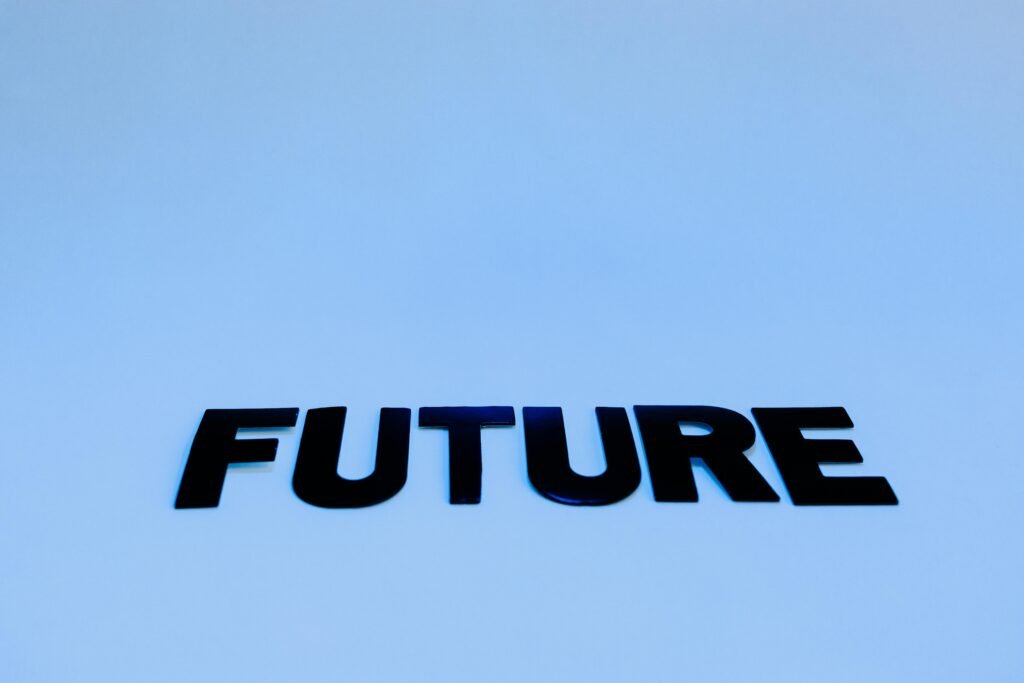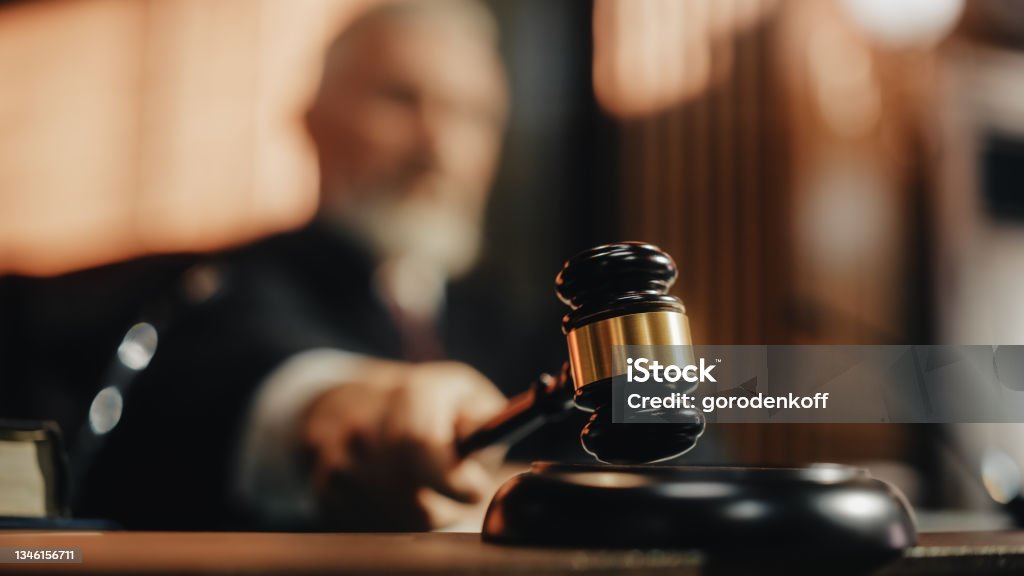
In the past decade, we’ve marveled at the leaps and bounds of artificial intelligence, particularly in the field of creativity. We’ve seen AI painting like Rembrandt, composing music in the style of Bach, and even penning eerily human-like texts. These technological feats are not just impressive—they’re downright unsettling for many real human creators who have dedicated their lives to their craft. The question is no longer if AI can be creative, but rather at what cost to the livelihoods and well-being of those it imitates.
In this blog post, we’ll explore the results of a recent survey that highlights the profound impact of generative artificial intelligence on the creative and intellectual industries. We’ll examine the concerns bubbling within the real human creators’ community and the urgent need for ethical considerations and possible regulation. Join us as we unpack the complex web AI is spinning, and the lives it’s affecting.
Understanding the Rise of Generative Artificial Intelligence
The advent of generative AI, such as OpenAI’s GPT-3 and other language models, has ushered in a new era of potential for creativity. Through machine learning, these algorithms can generate text, music, art, and other creative outputs that vary from uncanny to indistinguishable from works created by their human counterparts. The increased accessibility and democratization of such tools have opened the floodgates to a torrent of AI-generated content.
The Paradox of Plenty for Content Consumers
Consumers of creative content are now awash with an unprecedented quantity of material. This “content glut” is paradoxical; while it provides an abundance of entertainment and information, it devalues the individual pieces that real human creators labor over, potentially relegating them to the obscurity of the long digital tail.
The Growing Concerns Among Real Human Creators
For real human creators, the rise of AI presents a new challenge in an already competitive landscape. The allure of efficient and often free creative output threatens to overshadow the labor-intensive, soul-baring work that artists, writers, and musicians traditionally produce.
An Existential Crisis in the Making
Many real human creators are facing an existential crisis. They wonder if their art will be wholly supplanted by AI-generated pieces and what that could mean for the future of creative expression.
Overview of the Recent Survey’s Findings
Conducted across a diverse group of creatives, the survey aimed to capture the sentiment and experiences of artists, writers, and other professionals who labor in the domain of thought and creativity. The results were no less than eye-opening, revealing a tapestry of worry, frustration, and a growing sense of urgency among participants.
The Toll on Individual Artistic Integrities
A significant majority expressed concern over the potential erosion of their artistic integrity as AI churns out ‘creations’ en masse. The appeal of originality is at risk with each keystroke of a generative algorithm.
Economic and Professional Ramifications
Real human creators are not just worried about philosophical ideals. There are tangible, economic repercussions to contend with. From reduced audiences to direct impact on revenues, the survey reveals that generative AI poses a clear threat to the financial stability of creative professionals.
Diminishing Value of Originality
At the heart of the AI debate is the question of originality. How do mechanisms that mimic thought impact the true innovators of our time, and what safeguards should be in place to protect their sacred space of creativity?
AI’s Role in Replicating Creative Works
Generative AI does not exist in a vacuum. It often learns from and emulates the vast corpus of existing human creations. This begs the question of where imitation ceases and innovation begins.
Maintaining Originality in the Face of AI Competition
With AI producing content at unprecedented rates, real human creators are under pressure to stand out and maintain their authenticity. This struggle can lead to compromised quality, rushed work, and the dilution of the creative process itself.
Impact on Intellectual Property Rights and Fair Compensation
The conversation extends into the realm of intellectual property (IP). Who owns content generated by AI, and who should be compensated for it? The current IP framework is outpaced by AI’s capabilities, leaving creators in a legal and ethical limbo.
Erosion of Creative Industries
Generative AI does not discriminate; it disrupts across the creative spectrum, impacting industries ranging from the arts to journalism with equal force.
Disruption Caused by AI-Generated Content
In fields like advertising and content marketing, AI platforms churn out copy and designs with remarkable speed. This efficiency undercuts traditional workflows and can devalue the work of entire sectors.
Struggles in a Saturated Market
The resulting market saturation often leads to a race to the bottom in terms of pricing, as well as quality. Real human creators are forced to compete with what essentially amounts to free labor from AI.
The Threat to Traditional Artistic Professions
Artisans and craftsmen, already experiencing the challenges of digital disruption, face a new and daunting adversary in AI. The age-old professions that have been honed over generations are now in the crosshairs.
Calls for Regulation and Ethical Considerations
The community of real human creators is not without hope. Many are vocal in their calls for regulatory oversight and a reevaluation of ethical standards within the technology sector.
Advocacy for Legal Protections for Real Human Creators
Efforts are underway to advocate for legal protections that acknowledge the unique nature of human creativity. These protections could include clearer demarcation of authorship, enhanced IP rights, and compensation frameworks for AI-generated content.
Ethical Implications of AI’s Impact on Creative Industries
The ethical considerations are multifaceted. From the potential adulteration of historical and cultural legacies to the reshaping of societal norms around creative works, AI’s influence is profound and warrants critical evaluation.
The Need for Collaboration Between Technology and Humanity
Ultimately, the goal is not to stifle technological progress but to ensure that it evolves in symbiosis with human values and aspirations. The path ahead requires a collaborative effort between the cf real human creators, for they are the heart and soul of the world’s creative output. It’s time for a collective call to action that prioritizes the preservation of their livelihoods and artistic legacies.reators, the technologists, and the policymakers.
The results of the survey and the ensuing discussions present an urgent need to address the role of AI in creativity. We must find a balance that respects the contributions of real human creators while allowing the potential of AI to flourish.
The findings echo the sentiments of a community that feels threatened and unprepared for the seismic changes brought about by generative AI. The urgency is palpable. Action is required now to mitigate the impending harm to the creative industries


